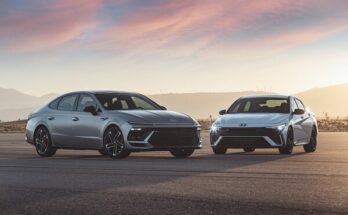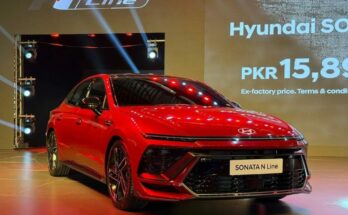Hyundai of South Korea has become the world third largest automaker. While Toyota and Volkswagen vie each year for pole position atop the global automobile industry, Hyundai has quietly slipped in behind them, surpassing popular names such as General Motors, Renault-Nissan and Stellantis in annual volumes along the way.
Related: Hyundai and Giugiaro to Rebuild 1974 Pony Coupe Concept
Founded 55 years ago as a manufacturer of affordable vehicles for its home market, Hyundai’s international expansion only began in earnest in the 1980s. After working for decades to shake its image as an upstart, Hyundai’s Genesis is now going head-to-head with other luxury car brands, while the carmaker is fighting it out with Ford for second place in U.S. electric vehicle sales this year, only behind Tesla.
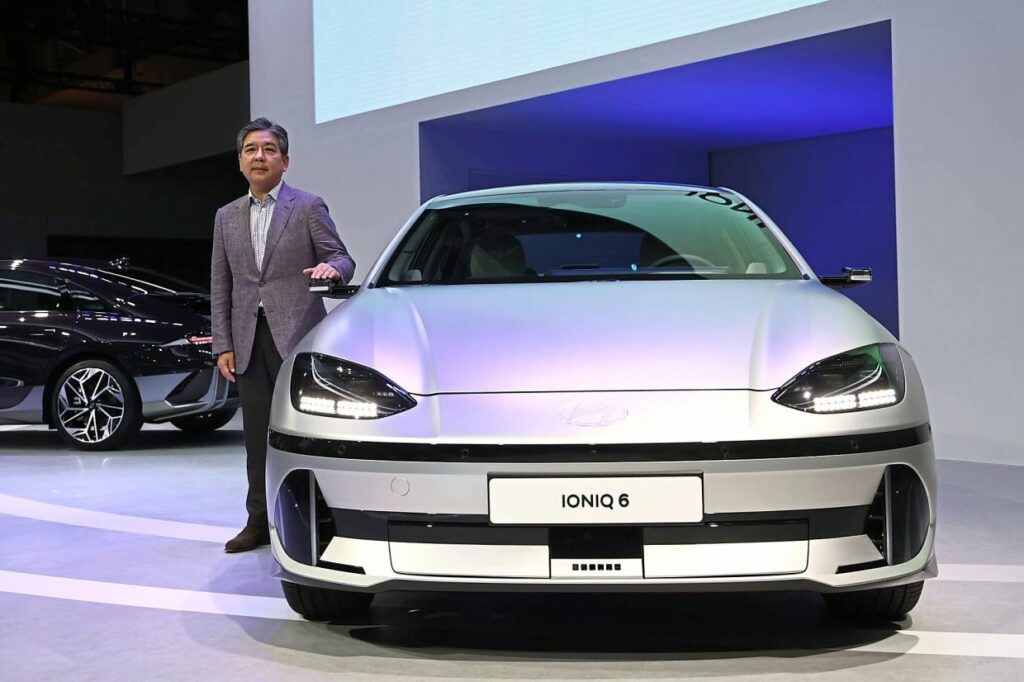
Hyundai’s 58-year old President and co-CEO Jaehoon Chang, said in an interview from the company’s Seoul headquarters last week:
“We are on the right track, and this year we were very strong. Our supply chain management was key. We’re trying to be flexible, and optimize and protect production as much as we can in spite of the chip shortage.”
Hyundai’s global presence is rooted in the company’s strong manufacturing base in South Korea. In Ulsan city, it operates the world’s biggest auto manufacturing plant with an annual production capacity of 1.4 million vehicles. The plant is located at the mouth of the Taehwa River on the peninsula’s eastern coast from where the vehicles can be loaded on carrier ships directly from the plant. From the vessels shipping cars abroad to the steel used in both, all are part of the same conglomerate, started by the grandfather of Euisun Chung, Hyundai Motor’s other CEO and executive chair.
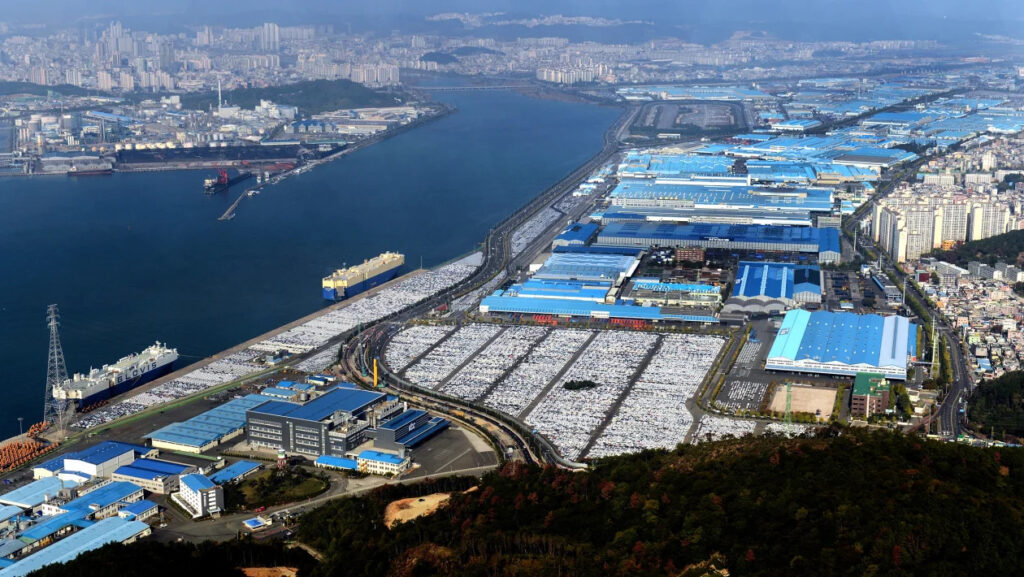
With another 9 factories spread across the globe, the automaker sold 6.6 million vehicles in 2021. This year, revenue is on track to expand 21% to 141.7 trillion won ($108 billion), the highest growth rate among major carmakers, according to the average of analysts’ projections.
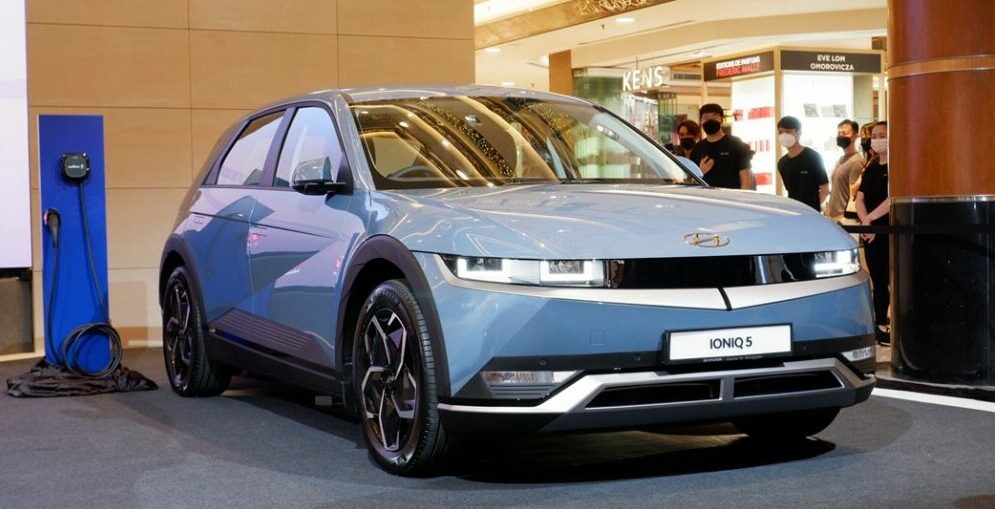
Critical to those gains, and its prospects going forward, is Hyundai’s embrace of electrification. While other carmakers take more deliberate steps, the South Korean company raced ahead, pushing out models such as the Ioniq 5 and affiliate Kia’s EV6 just as demand started to outpace supply. At the same time, Volkswagen has struggled to get its EV strategy on track, while Toyota is still hedging its bets, betting on hybrids and hydrogen fuel cells, as well as EVs.
Related: Hyundai Group Opens Korea’s Largest Driving Experience Center
Emboldened by that success and backed by 19.4 trillion won in investments, Hyundai plus Genesis plans to introduce at least 17 battery-powered EVs by 2030, as well as 14 by Kia, which will be a “huge enabler” to reach the company’s goal of 1.87 million annual EV sales in 2030, Chang said. That would represent 11% of the U.S. market, and 7% globally, according to the automaker.
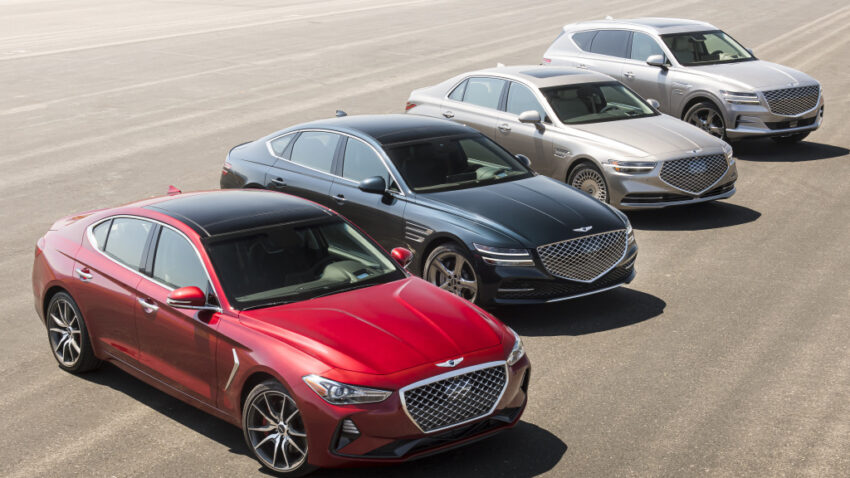
While Hyundai may be navigating the EV transition more smoothly than some peers, it also faces shared challenges. When asked whether Hyundai was close to any decision regarding the fate of its plant in Russia, where operations have been suspended since the start of the war in Ukraine earlier this year, Chang said company had little choice but to “monitor the situation.” He said “It’s not easy for us, because of the scale of the plant.”
Related: Hyundai Group Contemplating Whether to Leave or Stay in Russia
While Japanese automakers including Toyota, Mazda and Nissan exited Russia in recent months, Hyundai has a much bigger operation in St. Petersburg that, together with Kia, assembled about 200,000 vehicles a year before the war, or around 4% of the automaker’s global output.
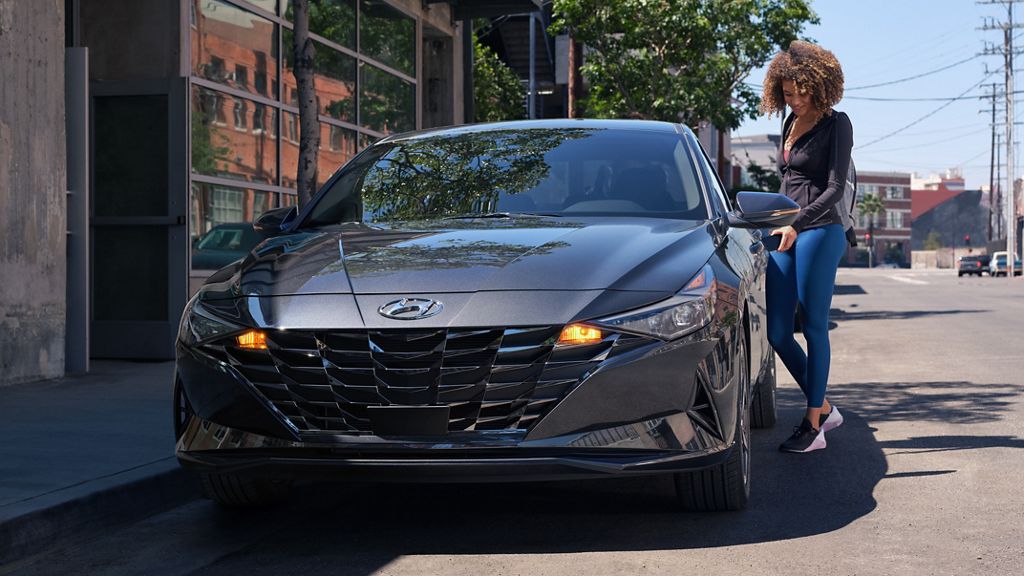
Regarding China, where Hyundai is seeking to reposition itself as a more upmarket brand, Chang said “we need to sharpen our edge.” Car sales in what is the world’s biggest market declined 4.2% last month as COVID-related lockdowns kept buyers away from the showrooms.
Related: ‘Made in Bangladesh’ Hyundai Cars to Hit the Roads in 2023
Looking at the pace of its progress, its not impossible to assume that the South Korean automaker will pose a real threat to Toyota and Volkswagen in near future.
Source: Japan Times

A computer animation professional with over 23 years of industry experience having served in leading organizations, TV channels & production facilities in Pakistan. An avid car enthusiast and petrolhead with an affection to deliver quality content to help shape opinions. Formerly written for PakWheels as well as major publications including Dawn. Founder of CarSpiritPK.com

